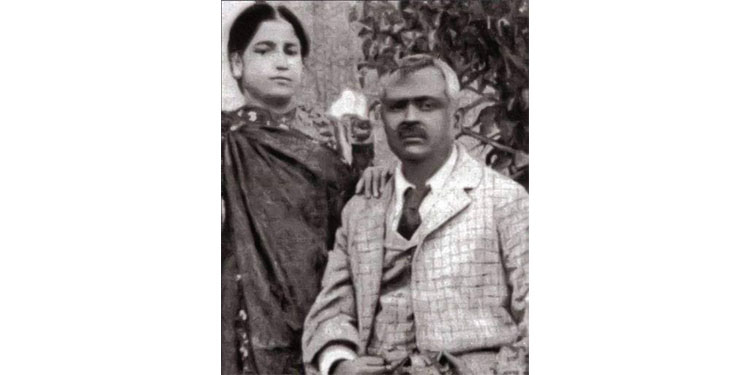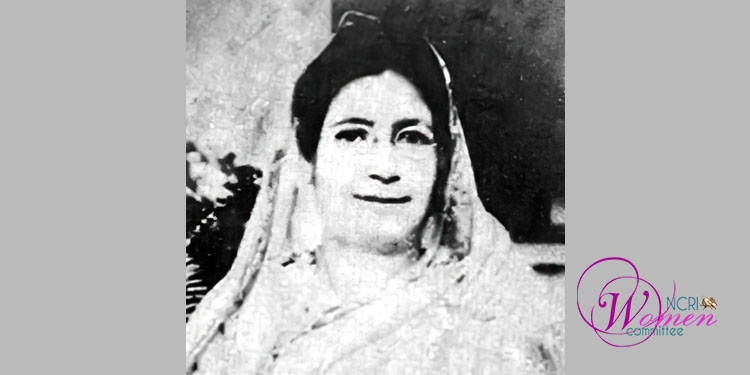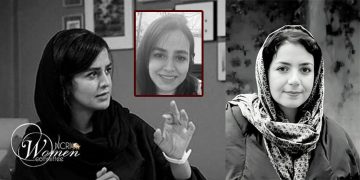Rokeya Sakhawat Hossain (9 December 1880– 9 December 1932), a pioneering Muslim feminist, educationist, and writer from Bengal, remains one of the most influential figures in South Asian history. Best known for championing women’s rights and education in colonial India, Hossain broke cultural and religious taboos to ignite a movement for gender equality that still echoes in modern-day Bangladesh and India.
At a time when most Muslim girls were denied formal education, Rokeya defied societal norms and taught herself and her sister English and Bengali in secret. Her groundbreaking feminist utopian novella, Sultana’s Dream (1905), envisioned a world ruled by women, where science and peace flourished—an idea far ahead of its time.

In 1911, she founded the Sakhawat Memorial Girls’ School in Kolkata, a transformative act in the fight for girls’ education in South Asia. Through this school and her tireless activism, Rokeya laid the foundation for female literacy and empowerment in a deeply patriarchal society.
As an early education reformer, Rokeya also established the Anjuman-e-Khawatin-e-Islam (Association of Muslim Women), creating one of the first platforms for Muslim women to speak out against inequality, advocate for reform, and build community support networks.
Rokeya Sakhawat Hossain’s life was a beacon for intersectional feminism, blending Islamic values with progressive thought. Her legacy continues to inspire activists, educators, and human rights defenders in South Asia and beyond. She remains a symbol of resilience and empowerment in the global narrative of women’s liberation.
























